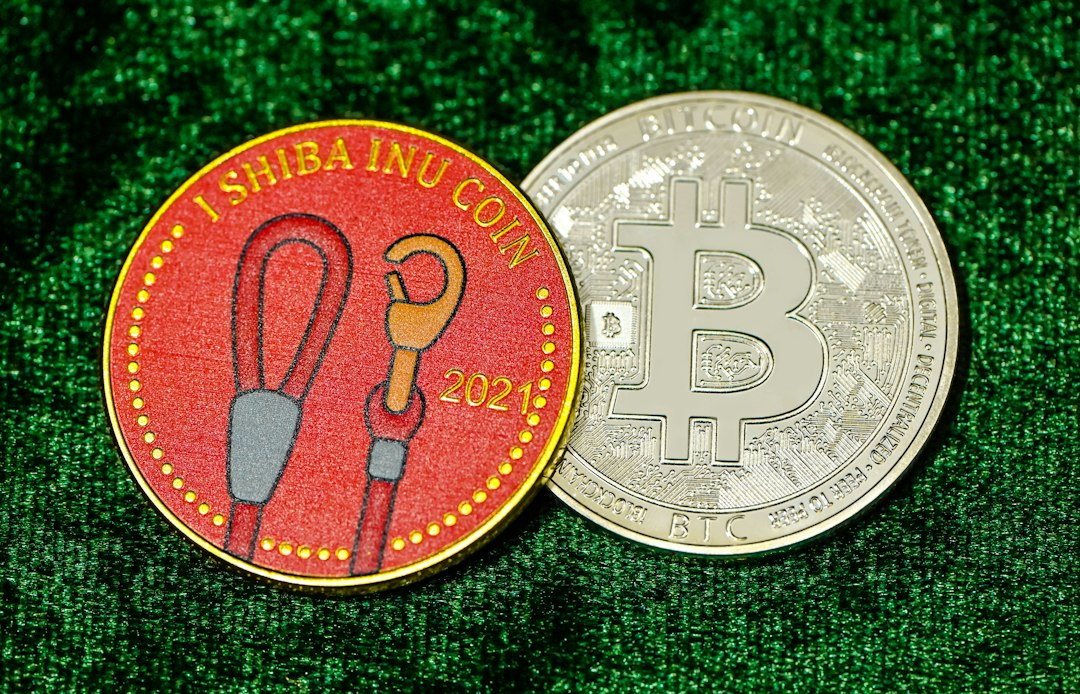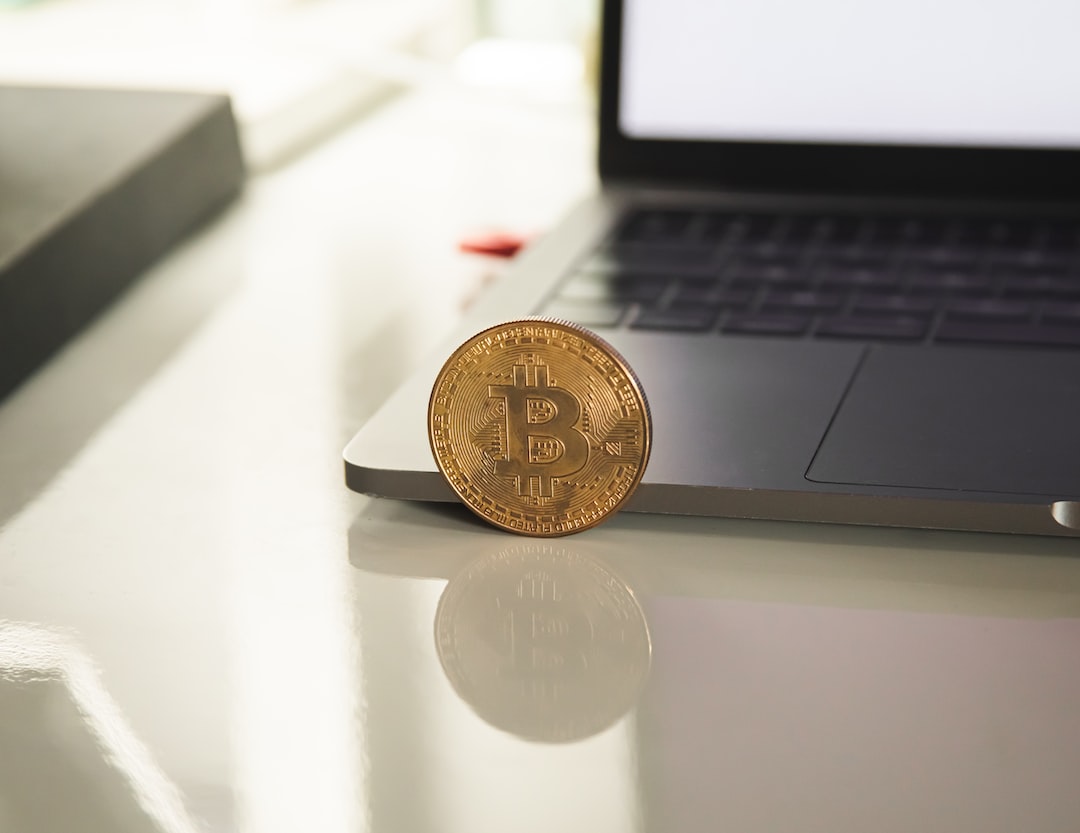PayPal’s PYUSD Stablecoin Struggles with Low Demand
According to data firm Nansen, PayPal’s newly launched stablecoin, PYUSD, is facing a slow start, with very few crypto users using and holding the token in self-custody wallets. Nansen suggests that this lack of demand could be due to PayPal targeting a different demographic than the typical crypto users. The fact that PYUSD is issued on the Ethereum blockchain has raised concerns about its usefulness due to the high transaction fees associated with the protocol.
Key Points:
– Lack of demand from crypto users for PYUSD
– PayPal may be targeting a different demographic
– Questions about the usefulness of PYUSD due to high transaction fees on Ethereum
– “Smart money” holders are avoiding the stablecoin
– Paxos still custodying over 90% of PYUSD supply
Nansen’s report states that “smart money” holders, including exchanges like Kraken, Gate.io, and Crypto.com, seem to be avoiding the stablecoin. Only a few individual holders have balances of more than $1,000, and the top holder in this category has less than $10,000 and bought the token after selling three different memecoins.
PayPal has not yet provided a comment on the issue.
Hot Take
The slow start of PayPal’s PYUSD stablecoin indicates that there may be limited demand from the crypto community. The high transaction fees on the Ethereum blockchain and the different target demographic may be contributing factors. It remains to be seen whether PayPal can overcome these challenges and gain wider adoption for its stablecoin.





 By
By
 By
By
 By
By
 By
By

 By
By